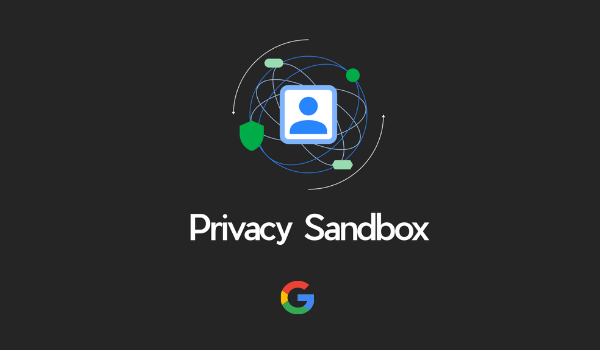Browsing the internet and consuming valuable content has always been free and readily available, but with the hidden cost of data collecting and hoarding through digital advertising. The Privacy Sandbox initiative aspires to develop technologies that will allow users to have improved privacy online and give companies and developers the tools to build successful digital businesses.
-png.png)
Mobile apps are the foundation to making our everyday lives simpler. With over 90% of the apps currently on the Google Play store being free, it’s no wonder billions of users are able to access so many services, products and valuable content. But as with most things in life, it comes at a price.
Although it doesn’t cost us monetary wise, it can currently negatively impact us via intrusive methods to access our personal data and information. Third parties are presently using multiple approaches to get hold of sensitive data for their advertising benefit, such as cross-app identifiers, data collectors, tracking mechanisms and many more.
By interacting with websites and apps online, you are most likely to be contacted by that company or it's third-party “trusted partners” when entering these platforms. It’s very common to opt into these services without reading the fine print, but doing so leads to data collection which is then used to advertise products and services back to the user based on the data collected.
-png.png)
The Privacy Sandbox for web will see the eventual phase-out of third-party cookies and restrict covert tracking. With these new web standards, it will give safer alternatives to current technologies to enable publishers to continue growing their online businesses while users' data remains private.
The Privacy Sandbox for Android builds on Google’s existing efforts on the web, while giving a path forward to better improve user privacy without risking the accessibility of free content and services. The goal is to introduce private advertising solutions that will limit user data sharing between third parties and remove cross-app identifiers which will include advertising ID. Google is also exploring safer options for apps to integrate with advertising SDKs and exploring possible technologies that will reduce covert data collection.
Google has introduced The Privacy Sandbox initiative in the hope to:
- Create more reliable technologies to protect the user and that keep the user's personal information private
- Give companies and developers the ability to keep online content free
- Cooperate with the industry to create a new internet privacy standard
Google’s key aim is to make current technologies such as tracking mechanisms become outdated and no longer usable, meaning users can browse the internet without worrying if their data is being collected and monitored. With this, they still want content and services to be accessible for all; therefore, they are inviting the industry to work collaboratively to combat this issue and create higher privacy standards while remaining cost-free for users.
The Privacy Sandbox’s goal is to create a different approach to ads privacy, not just for the user's benefit but also for businesses.
-png.png)
“We’re announcing a multiyear initiative to build the Privacy Sandbox on Android. The initiative will evolve a new way of developing effective and privacy-enhancing advertising solutions, where users know their information is protected, and developers and businesses have the tools to succeed on mobile,” Google says. “While we design, build and test these new solutions, we plan to support existing ads platform features for at least two years, and we intend to provide substantial notice ahead of any future changes.”
For this new system to work, they need input from the industry. It will be a collaborative effort from developers as they will release developer previews and beta releases over the year that will need reviewing and feedback. They will provide frequent updates on their progress, but you can also sign up to be notified.
Google has had interest from many partners in working together on this scheme to advance ad privacy on Android and invite other developers and organisations to get involved.